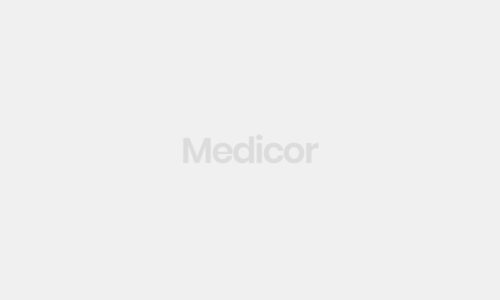



WELCOME TO LISBIOTICS
Focus on Quality and Innovation
We are a group of scientifics based in Lisbon, Portugal.
In Lisbiotics we think that the health starts with a balanced microbiome, that are the micro-organisms that live in our body, an unbalanced microbiome (dysbiosis) leads to disease1 but this condition can be rebalanced by probiotics.
At Lisbiotics we apply science to advance our knowledge of the effects of the different microorganisms that form part of our microbiota in order to achieve new therapeutic alternatives, alone or in combination with medicinal plant extracts.
We also are concerned about that the strains packed must be active after several months after the manufacturing process.
To achieve this, our team of scientists specialised in Microbiology and Medicinal Plants in Lisbon, where, thanks to new technologies, we design products with natural solutions to health problems.
Our team of experts, through their research or in collaboration with research centres, analyse health problems and look for the best solution using natural remedies based on the regulatory effects of the microbiota.
We obtain plant extracts through innovative processes that allow for high quality and maximum respect for the environment.
Our vocation is to make our research known through our products supported by clinical studies and scientific research.
What makes us different is:
- Quality of products & services
- Training on our products
- Products based on clinical studies
- Strong Regulatory Support
- Cost effective production methods
- Flexible production methods
- Logistical Assistance
What are Probiotics?
Probiotics are defined as ‘live microorganisms that, when administered in adequate amounts, confer a health benefit on the host’, as convened by the International Scientific Association of Probiotics and Prebiotics (ISAPP).
How do Probiotics work?
They have a protective role because they release anti-pathogenic substances. 2
Dysbiosis causes a separation between the intestinal epithelial cells allowing the passage of antigens and pathogens that would not enter if the cells were bound together. This negative process is called intestinal permeability.3
The 70% of our immune system is found in our gut, it is known as GALT Gut-associated lymphoid tissue, by binding to epithelial cells, probiotics protect and modulate our immune system4
Probiotics also compete with pathogens for available nutrients and growth. They release substances known as postbiotics that influence in our health5
Our Products
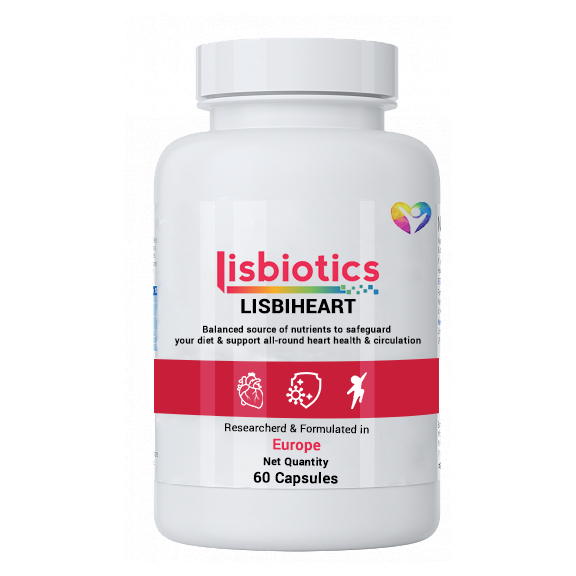
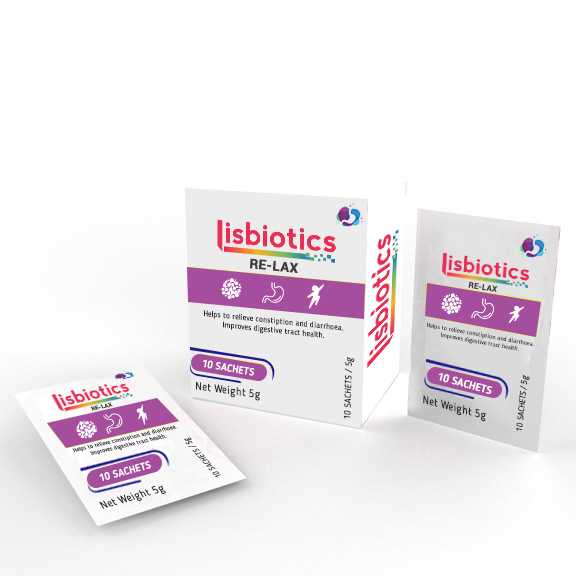
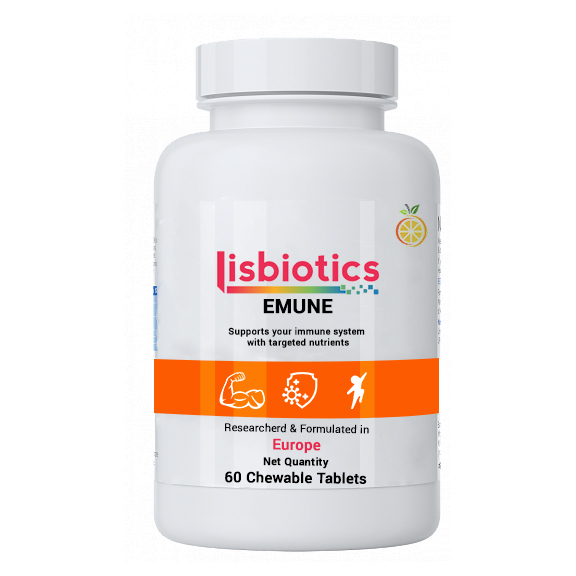
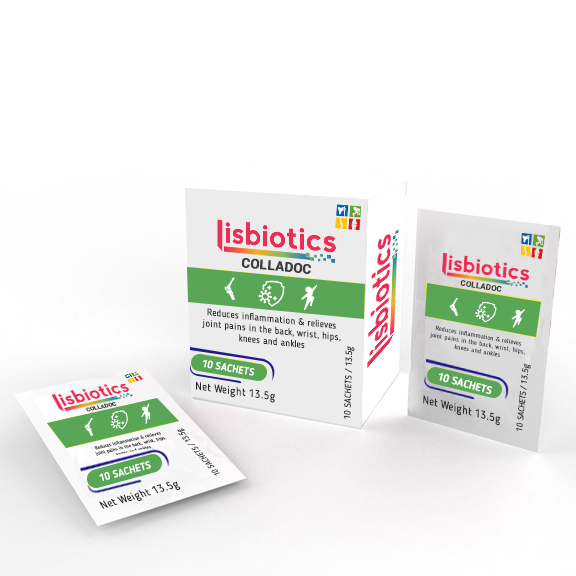
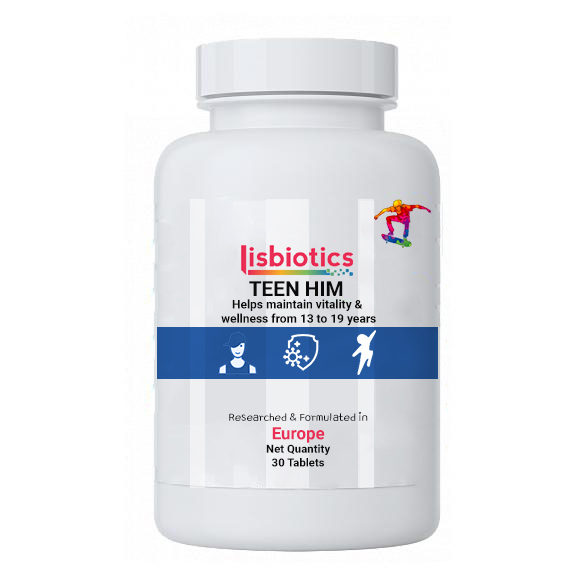
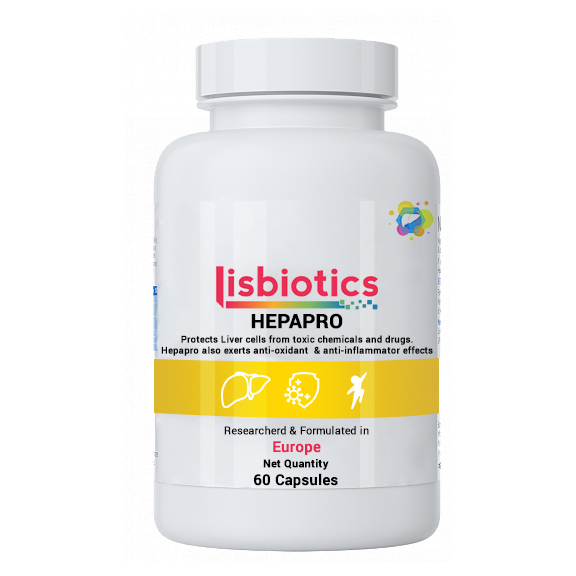
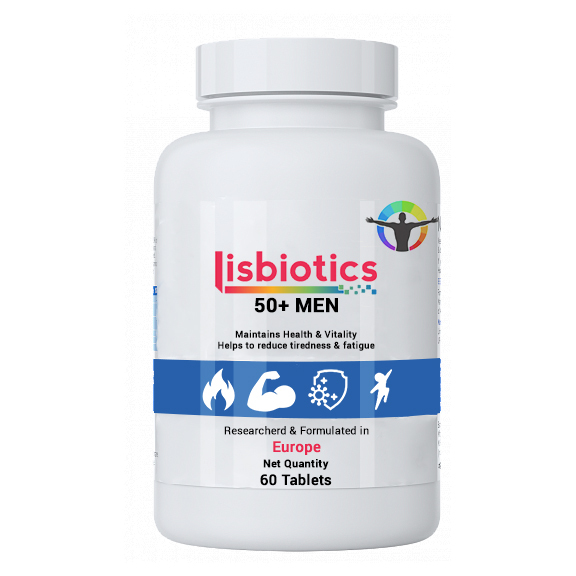
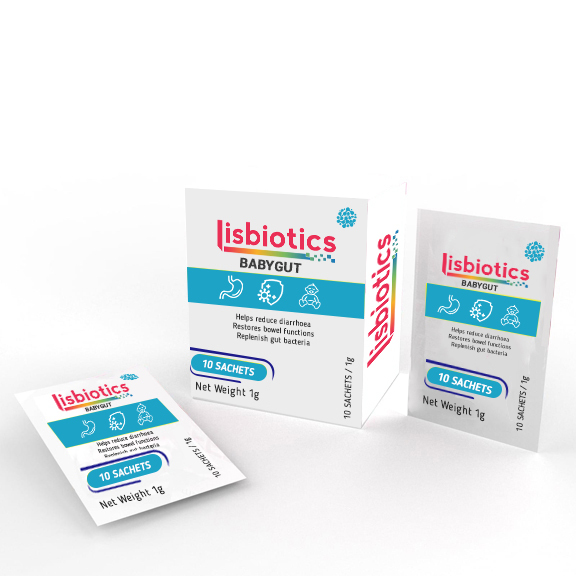
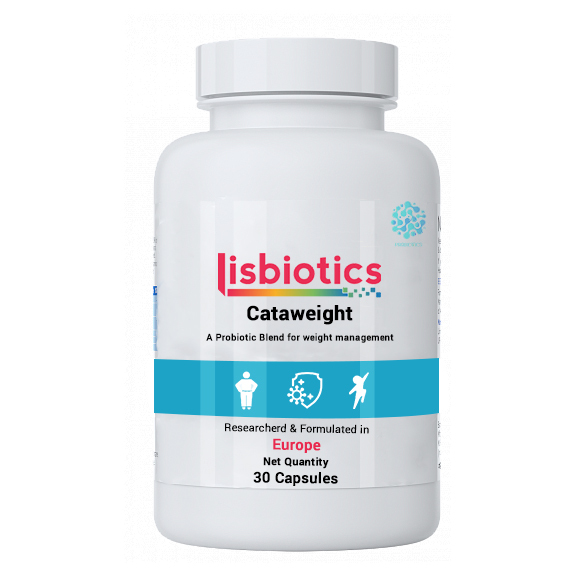
from a headache
or migraine?
top products
enhancement
formula

From Our Blog
More than half of older Americans skip dental checkups
References
- de Vos WM, Tilg H, Van Hul M, Cani PD. Gut microbiome and health: mechanistic insights. 2022 May;71(5):1020-1032. doi: 10.1136/gutjnl-2021-326789. Epub 2022 Feb 1. PMID: 35105664; PMCID: PMC8995832.
- Maria L Marco, Colin Hill, Robert Hutkins, Joanne Slavin, Daniel J Tancredi, Daniel Merenstein, Mary Ellen Sanders, Should There Be a Recommended Daily Intake of Microbes?,The Journal of Nutrition, Volume 150, Issue 12, December 2020, Pages 3061–3067
- Fasano A. All disease begins in the (leaky) gut: role of zonulin-mediated gut permeability in the pathogenesis of some chronic inflammatory diseases. F1000Res. 2020 Jan 31;9:F1000 Faculty Rev-69. doi: 10.12688/f1000research.20510.1. PMID: 32051759; PMCID: PMC6996528.
- Yoo JY, Groer M, Dutra SVO, Sarkar A, McSkimming DI. Gut Microbiota and Immune System Interactions. Microorganisms. 2020 Oct 15;8(10):1587. doi: 10.3390/microorganisms8101587. Erratum in: Microorganisms. 2020 Dec 21;8(12): PMID: 33076307; PMCID: PMC7602490.
- Vinderola G, Sanders ME, Salminen S and Szajewska H (2022) Postbiotics: The concept and their use in healthy populations. Nutr. 9:1002213. doi: 10.3389/fnut.2022.1002213

